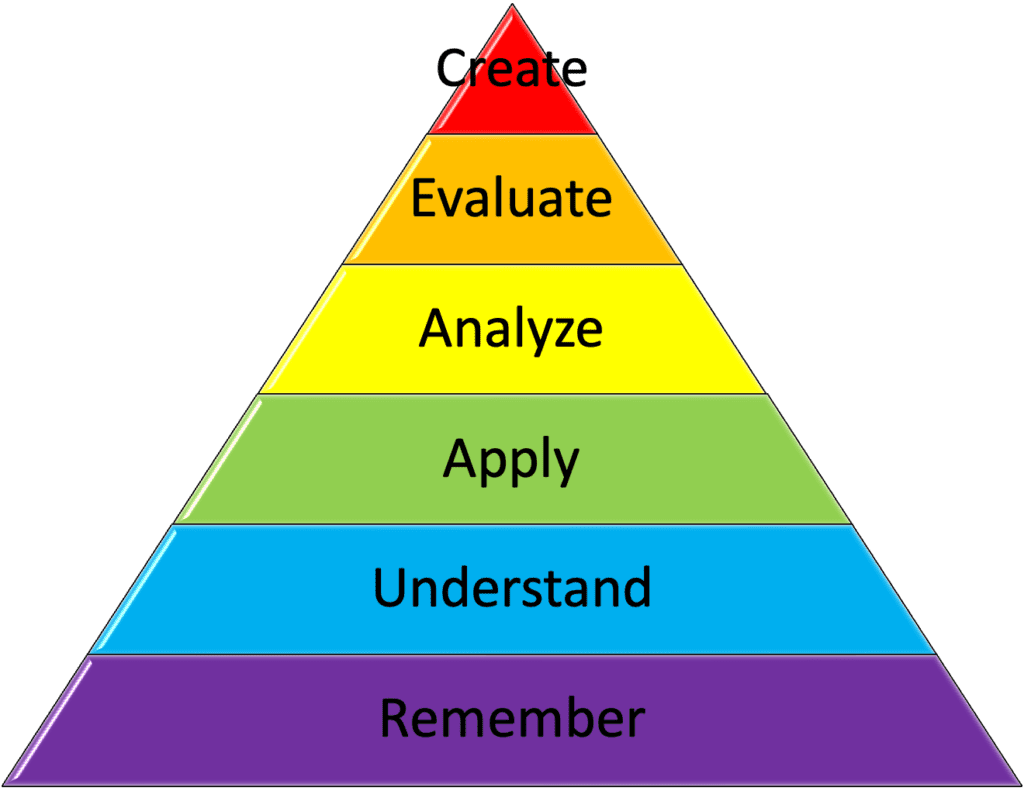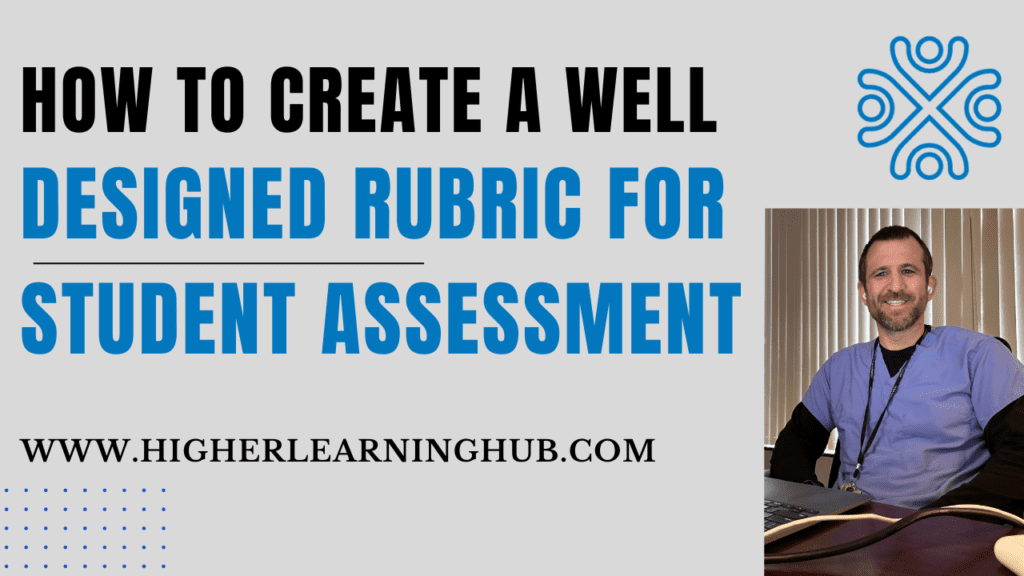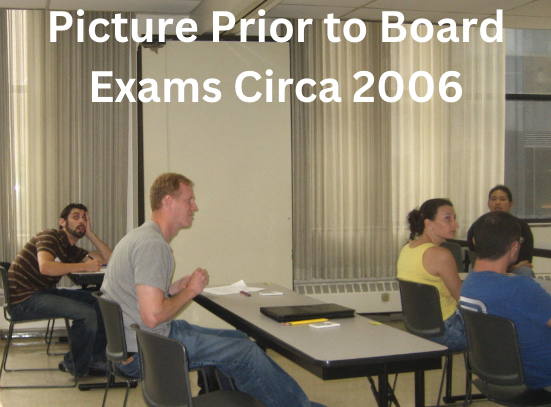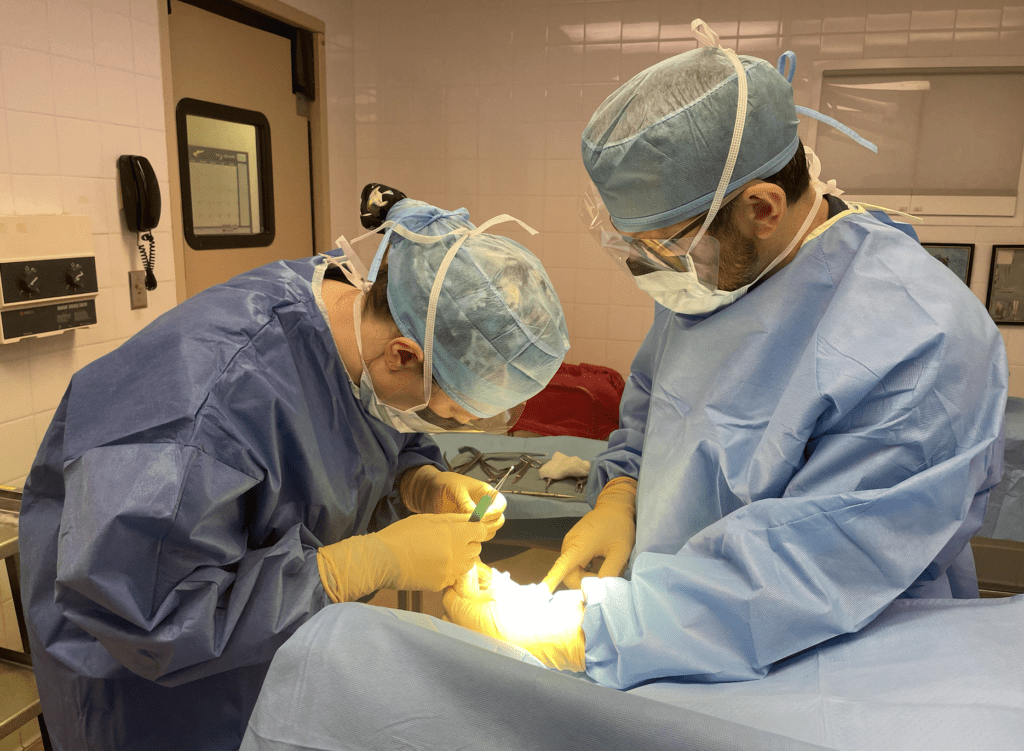Studying in college and graduate school and ensuring academic success can be a challenging yet rewarding journey. The vast amount of information and the intensity of the curriculum requires a unique approach to learning. In this guide, we will explore effective strategies to help you excel in your studies and navigate the demanding environment of higher education. Make sure you read until the end where we’ll review advice from current students who are thriving in medical school!


20 Tips On How To Study More Effectively in Higher Education
- Organize Your Time:
- The first step involves creating a realistic schedule: Develop a study timetable that aligns with your classes, clinical rotations, and personal commitments.
- Prioritize tasks: Identify high-priority topics or assignments and allocate sufficient time to master them.
- Active Learning Techniques:
- Use flashcards: Create flashcards for key concepts, diseases, and treatments to reinforce your memory through active recall. Anki Flashcards can be a helpful tool to practice active recall.
- Teach the material: Explaining complex topics to peers or even to yourself can deepen your understanding and highlight areas that need further review.
- Problem-solving: Practice solving clinical cases and problems to enhance critical thinking skills.
- Effective Note-Taking:
- Develop a system: Find a note-taking method that works for you, whether it’s traditional handwritten notes, digital notes, or a combination of both.
- Summarize information: Condense lecture material into concise summaries to facilitate review.
- Annotate textbooks: Make notes, underline key points, and jot down additional insights in your textbooks to enhance comprehension.
- Utilize Resources:
- Textbooks: Choose authoritative and recommended textbooks to complement your lectures and gain a deeper understanding of the subject matter.
- Online resources: Leverage reputable websites (e.g. Up-To-Date), medical databases, and video lectures (e.g. Osmosis) to access supplementary materials and varied perspectives.
- Active Participation in Class:
- Attend lectures: Actively participate in class discussions, take notes, and ask questions to reinforce your understanding.
- Group study: Join study groups to share knowledge, discuss challenging topics, and gain insights from your peers.
- Mindful Self-Care:
- Prioritize sleep: Ensure you get adequate sleep to optimize cognitive function and memory consolidation.
- Healthy lifestyle: Maintain a healthy diet and engage in regular physical activity to promote overall well-being.
- Manage stress: Develop stress-management techniques, such as meditation or yoga, to cope with the demands of medical school and optimize your mental health.
- Regular Review and Revision:
- Spaced repetition: Implement spaced repetition techniques to review and reinforce information at increasing intervals.
- Create a study cycle: Periodically revisit previous material to prevent forgetting and strengthen long-term retention.
- Practice Tests:
- Simulate exam conditions: Take practice exams under timed conditions to familiarize yourself with the format and improve time management.
- Analyze mistakes: Review incorrect answers to understand the underlying concepts and refine your approach to problem-solving.
- Create a Schedule:
- Develop a weekly study schedule that includes dedicated time for each subject.
- Prioritize challenging topics and allocate more time to them.
- Active Learning:
- Engage in active learning techniques such as summarizing information in your own words, teaching concepts to others, and using flashcards.
- Set Realistic Goals:
- Break down your study sessions into manageable goals. Completing smaller tasks can help you stay focused and motivated.
- Prioritize and Focus:
- Identify high-yield topics and focus on them first. Don’t get bogged down by less important details initially.
- Use Multiple Resources:
- Combining textbooks, lecture notes, online resources, and study aids is a great way to gain a comprehensive understanding of medical education.
- Practice with Past Papers:
- Familiarize yourself with the format of exams by practicing with past tests and sample questions. This helps improve your test-taking skills.
- Take Breaks:
- Break your study sessions into chunks with short breaks in between. This can improve concentration and retention.
- Stay Healthy:
- Prioritize self-care. Get enough sleep, eat well, and exercise regularly to maintain your physical and mental well-being. After the completion of a study session, make sure to focus on your physical and mental health in your free time.
- Join a Study Group:
- Collaborate with classmates to discuss concepts, quiz each other, and share study material. In your first year of med school, it’s important to find a group of peers that you’re able to work productively alongside and challenge each other. Teaching and explaining concepts to others can enhance your understanding.
- Utilize Technology:
- Leverage technology tools such as medical apps, online resources, and educational videos to enhance your learning experience.
- Review Regularly:
- Schedule regular reviews of previously covered material to reinforce your understanding and prevent forgetting.
- Seek Help When Needed:
- Don’t hesitate to ask for help from professors, tutors, or classmates when you encounter challenging concepts. Seeking clarification early can prevent confusion later.
Implementing these effective study strategies is crucial for success in medical school. The demanding curriculum and vast amount of information make it essential for students to employ methods that optimize learning and long-term retention of the material. Active learning techniques, such as concept mapping, self-quizzing, and teaching concepts to peers, can enhance understanding and long-term memory. Breaking down complex topics into manageable chunks and regularly reviewing information contribute to reinforced learning. Utilizing various resources, including textbooks, online resources, and practical experiences, provides a well-rounded understanding of medical concepts. Furthermore, seeking support from study groups, mentors, and professors fosters a collaborative learning environment. By incorporating these strategies, medical students not only manage the rigorous academic workload effectively but also develop the critical thinking and problem-solving skills essential for their future medical practice.
Advice From Medical Students!
Ellie Cruse @ellieecruse “Talk through the material to myself”
Kyler Hattendorf @kylerhattendorf “Don’t just read the material, interact with it using flashcards, charts, and practice questions!”
Maaz Raheem @thedreamraheem18 “Rewatch lectures at your own pace”
Phil Kulpinski @philkulpinski “Spaced repetition with active recall and building a “story” to help solidify the information”
How To Study More Effectively In Higher Education
This blog post has highlighted the best tips for studying in medical school that require a combination of dedication, effective strategies, and self-care. By organizing your time, actively engaging with the material, utilizing resources, and prioritizing self-care, you can not only survive but thrive in the challenging environment of higher education. Remember, it’s not just about memorizing facts but understanding the concepts and applying them in a clinical context. With a thoughtful approach to your studies, you can pave the way for a successful medical school journey and career.


Leland Jaffe DPM, FACFAS
Associate Professor and Associate Dean







